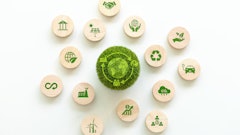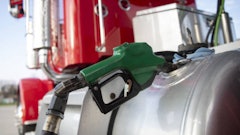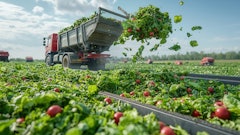Bayonne, NJ: Royal Wine Corp. (RWC) has completed a solar power system on the roof of its corporate headquarters and warehouse facility located in Bayonne, New Jersey. RWC is a leading specialty wine producer in New York and California, as well as an importer and distributor, and is also the parent company of Kedem Food Products.
Royal Wine Corp. joins fellow New Jersey corporations including Fed Ex, McGraw Hill, M&M Mars and Johnson & Johnson that have installed energy saving, green alternatives. For the next 20 years, the 1.15 megawatt solar system is estimated to be able to supply up to 65 percent of the power needs for Royal Wine Corp. via sustainable, renewable energy.
"We are very proud to take this step to further our commitment to sustainability in our operations and reduce our carbon footprint, " said Sheldon Ginsberg, executive vice president of Royal Wine Corp. "This is one of many green initiatives undertaken by Royal Wine Corp. and our affiliates and it further reflects our pride and commitment to the United States, energy conservation and overall efficiency."
The solar power installation, which is owned and operated by RWC, covers nearly 4 acres of rooftop space that would otherwise go unused – causing no negative impact to the environment. It consists of 5,000 Schott Polycrystalline Solar Panels which were manufactured in the United States of America and have been designed to specifically meet the facility's energy needs. RWC will be utilizing a federal incentive program afforded by the American Recovery Act that allows a 30 percent federal grant on the project. In addition to this program, Royal Wine will participate in the New Jersey Clean Energy Program allowing companies to earn Solar Renewable Energy Certificates.
The system that was installed is estimated to reduce the release of over 20,000 metric tons of carbon dioxide over the 20 year life expectancy of the project, or the equivalent to one of the following:
- More than 3,500 passenger cars not driven;
- 2.0 million gallons of gasoline not burned;
- 42,000 barrels of oil not consumed;
- 2,200 households' electricity use;
- 46,000 tree seedlings grown; or
- 200 acres of forest preserved from deforestation.
(Data is derived from the US Environmental Protection Agency's greenhouse gas equivalencies calculator.)


















